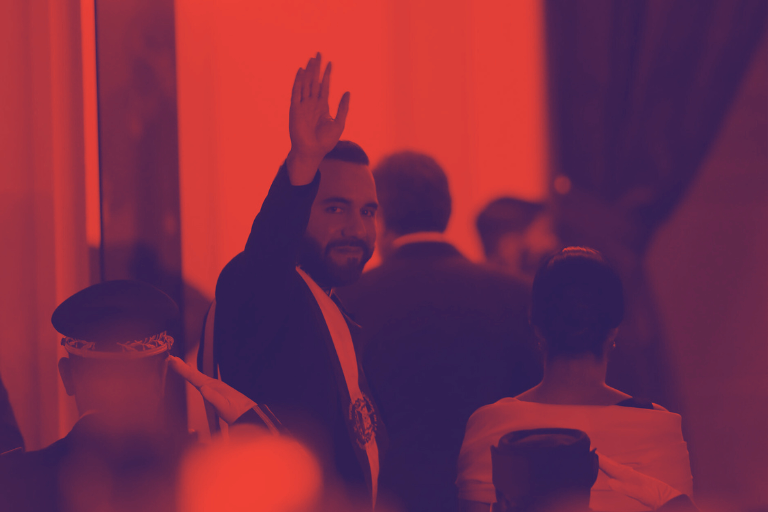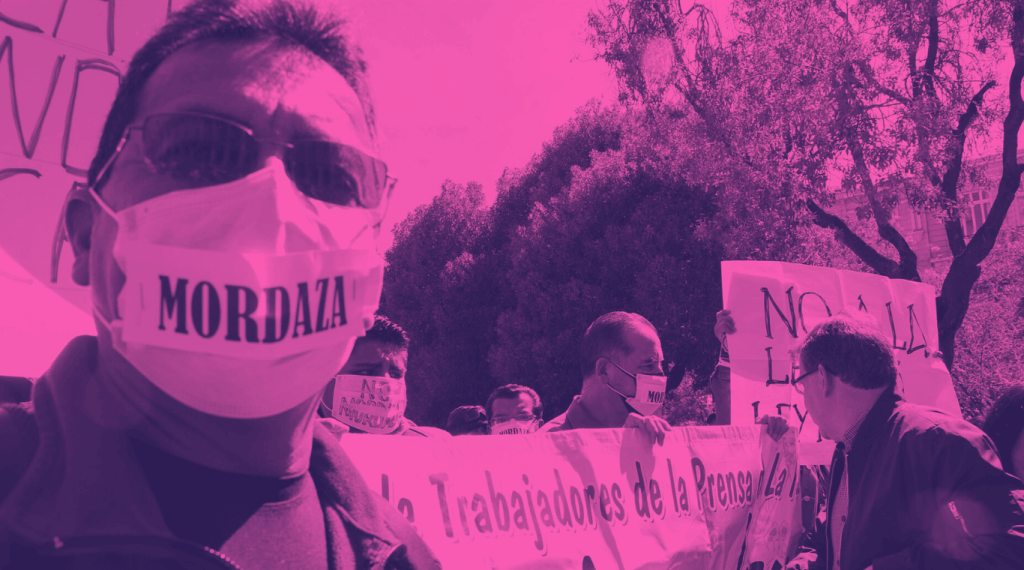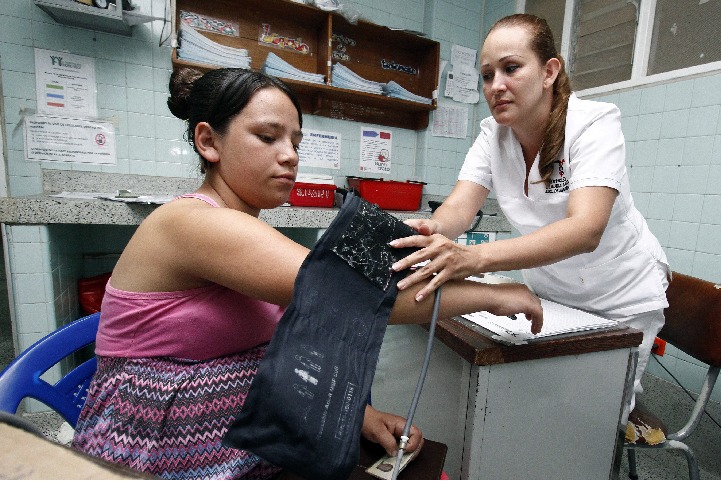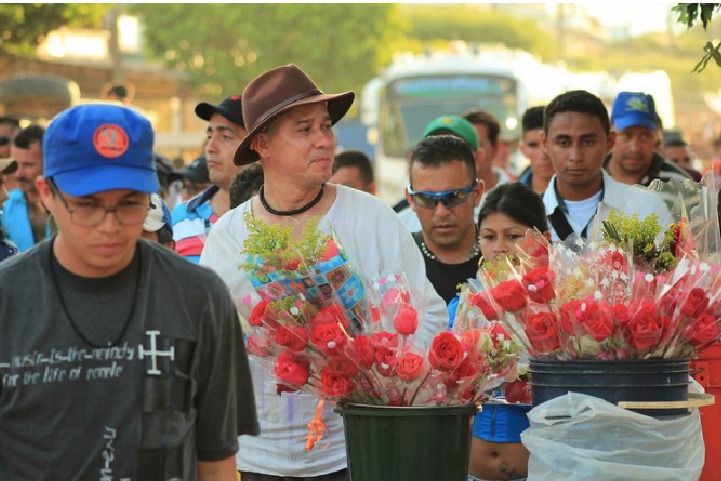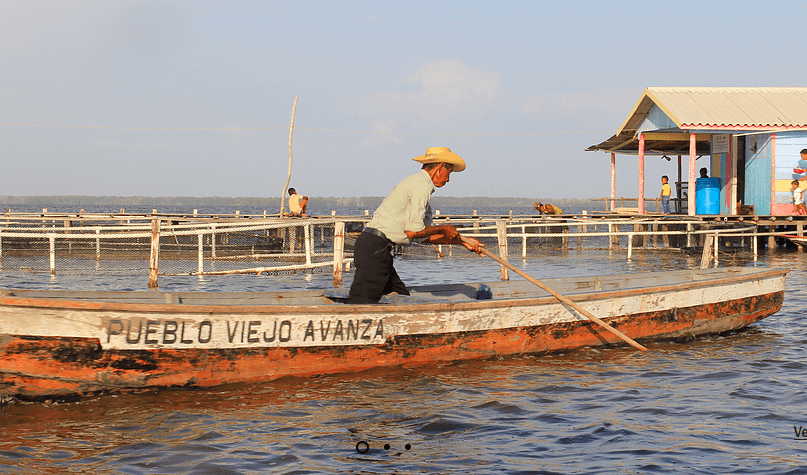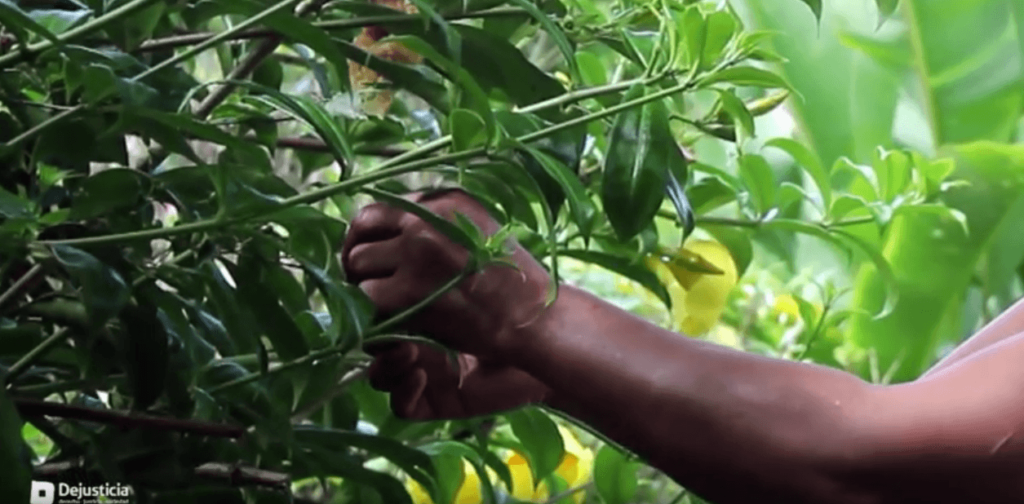News
LATEST IN COLOMBIA

News
Tardiness, without social reproach
By Mauricio García Villegas |
Según una investigación publicada el jueves de la semana pasada en EL TIEMPO, el 60 por ciento de los concejales de la ciudad de Bogotá llega tarde a las sesiones y solo un poco más de la mitad permanece durante los debates. Algunos, incluso, no solo llegan tarde, sino que se van antes de tiempo….
Lessions from Jamundí
By Danilo Rojas Betancourth (Socio inactivo) |
Danilo Rojas, of DeJuSticia, indicates five possible consequences of the massacre of Jamundí, and the various lessons for our democracy.
The love of one’s country
By Mauricio García Villegas |
The author shows how the concept of “patria” or native country, can be utilized as a political symbol that evokes an excessive plan, different from constitutionalism, that looks not only to transform citizens’ behaviour, but also its souls and beliefs.
What remains of the party system?
By Juan Fernando Jaramillo |
As a result of the elections, the two traditional parties will continue to dominate Colombian politics. A permanent transformation of the party system should come from the left.
Globalization-Non-governmental Encyclopedia of Law and Society: American and Global Perspectives (David Clark,ed. Thousand Oaks: Sage, 2006)
By César Rodríguez Garavito |
Processes of economic globalization underway since the early 1970s pose new regulatory dilemmas. The mismatch between global economic processes, on the one hand, and national regulations, on the other, creates what Sassen has aptly called a “regulatory fracture”, stemming from the fact that ?economic processes diverge from the model for which extant regulations were designed? (Sassen 1998: 155). Debates about how to deal with such a regulatory fracture are today at the forefront of law and society research on globalization and have given rise to a host of regulatory experiments around the world. A growing number of sociolegal analyses and institutional experiments emphasize non-governmental approaches to regulation, that is, forms of economic and political coordination in which private organizations ?from corporations to civic associations? take on regulatory tasks that were hitherto reserved to the state. From this perspective, forms of global governance have the potential to solve some of the problems faced by national governments in the global economy.
A State without Justices
By Mauricio García Villegas |
Mauricio García Villegas thinks without a doubt, that the police is essential in the task of territory recovery. But is it sufficient?
I don’t care if they call me a dictator.
By Dejusticia |
During his six years in office, Bukele has consolidated his power, paving the way to become the dictator he appears to be announcing himself as.
NGOs at risk of global extinction
By Dejusticia |
How can non-governmental organizations transform themselves? What were they like when they did not depend on international funding?
Colombia: going back to the original balance of justice
By Paola Molano Ayala |
There is a crucial aspect of Colombia’s transitional justice model that is worrying: the current inability of the Special Jurisdiction for Peace (JEP) to offer legal security to those who participated in the conflict, including in human rights violations, and have not been identified as among the most responsible. And making sure they also contribute to the satisfaction of the rights of the victims. The JEP must avoid keep moving towards maximalist approaches and go back to the balance in the Peace Agreement.
Elementa DD.HH. y Dejusticia presentamos un amicus en el proceso que adelanta el Asocazul y Cajar por afectaciones derivadas de aspersiones con glifosato
By Dejusticia |
El glifosato causó daños irreversibles a los campesinos del sur de Bolívar y el Estado debe repararlos. Así lo argumentamos en una intervención ante el Consejo de Estado.
Colombia must obtain resources to guarantee the right to health of Venezuelan migrants: Constitutional Court
By Santiago Ardila Sierra |
The high court protected the right to health of two undocumented Venezuelans and requested the government to advance as “expeditiously and effectively as possible” towards the full realization of migrants’ right to health, regardless of their immigration status. Dejusticia intervened in the case.
Dejusticia intervenes in defense of Venezuelan migrants’ right to health
By Dejusticia |
The Constitutional Court invited Dejusticia to present their legal opinion on two cases concerning the right to health of people coming from Venezuela.
The long wait of the JEP ahead of the decisions of the Constitutional Court and Congress
By Dejusticia |
In the last six months civil society organizations, such as Dejusticia, have called on both institutions to give free rein to the norms that consolidate the Special Jurisdiction for Peace.
Case of indigenous people of Bojayá who could not vote in the plebiscite is about to reach the Court
By Mauricio Albarracín |
Through a tutela, a group of Emberá claimed their rights to political participation and equality, because their economic situation and how far they live made it impossible for them to move to endorse the Peace Agreement. Dejusticia, human rights organizations, and indigenous leaders asked the High Court to review the case.
The Constitutional Court has the last word to save the Ciénaga Grande of Santa Marta
By César Rodríguez Garavito |
The environmental crisis of this ecosystem led fishermen to pursue a legal battle that reached the High Court. In this intervention, we support their demand that environmental authorities take urgent measures to stop the disaster and thus, protect their rights to healthy environment, dignified life and work.
Gender focus in rural reform is important but insufficient
By Ana Jimena Bautista |
The Gender-in-Peace Working Group -GPAZ, a group of which Dejusticia is a member, took part in the Public Hearing convened by the Constitutional Court, within the framework of the informal constitutional review of Decree 902 of 2017 “to facilitate the implementation of the Comprehensive Rural Reform contemplated in the Final Land Agreement, specifically the procedure for access and formalization and the Land Fund.”
Stories
From The Territory
We travel with 20 indigenous activists of the world to the heart of the Sierra Nevada de Santa Marta. Listen to this story about the Kankuama Resistance.
Dejusticia's
Documentaries
Discover some of the documentary pieces that we have made. Indigenous resistance, migration of Venezuelans to Colombia and stories of women coca growers, are some of our topics of interest.
